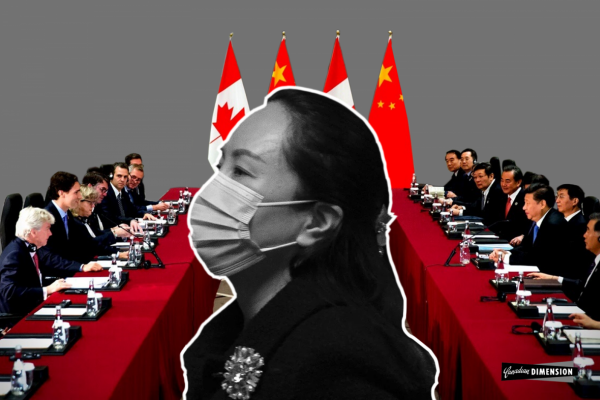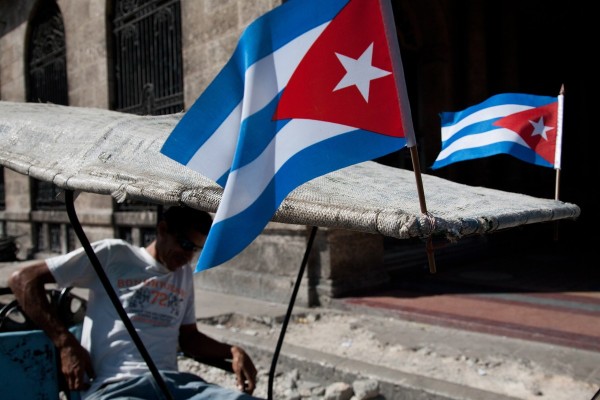Trudeau’s parting gift to Ukraine is a mistake
The confiscation of Russian funds in not only legally dubious, it is risky for Canada

Prime Minister Justin Trudeau meets with President Volodymyr Zelensky to express solidarity with Ukraine on the three-year mark since Russia’s full-scale invasion. Photo courtesy Office of the Prime Minister/X.
As Canadian Prime Minister Justin Trudeau prepares to exit the political stage from which he was recently ostracized, he has announced one more parting gift for Ukraine.
The Trudeau government has been one of the staunchest supporters of Ukraine in its war against Russia. Canada ranks fifth among countries in support for Ukraine when all military, financial and humanitarian contributions are factored in.
In Kyiv on February 24, Trudeau offered a final commitment before being replaced as leader of the Liberal Party and as PM. He announced that Canada will send $5 billion to Ukraine from revenues generated by frozen Russian assets.
Though continued financial support for Ukraine is typically viewed as uncontroversial, it is fraught with risk for several reasons.
When Russia invaded Ukraine, the West froze around $300 billion of Russian foreign reserves. Most of Russia’s foreign assets were in euros and US dollars. But around $19 billion were in Canadian dollars.
Russia has called the seizing of its assets “simply robbery.” And such robbery sets risky precedents. According to reporting by Reuters, “[s]everal Western officials, especially in the German government and European Central Bank, have been reluctant to simply confiscate sovereign reserves, warning that such a move could face legal challenges.”
With Trudeau’s announcement, Canada has now joined the US in “stealing” Russian assets and giving them to Ukraine.
The confiscation of Russian funds in not only legally dubious, it is risky for Canada. The transaction is sure to cause alarm in the Global South.
The freezing of Russian assets at the start of the war demonstrated just how quickly finances could be weaponized. That lesson quickly awakened many nations to their own vulnerability. If countries can be coerced by having assets they have invested in other countries frozen, then, perhaps, they shouldn’t invest their assets in those countries.
Speaking of sanctions that have been used as a weapon in a similar way, the Association of Southeast Asian Nations (ASEAN) two years ago decided to reduce its reliance on the US dollar and to “reinforce financial resilience… through the use of local currency” because they “must remember the sanctions imposed by the US on Russia.”
Weakening the confidence of other nations to invest in or trade with Canada is precisely what Canada does not need at a time it is facing potential sanctions and a trade war with the United States. Canada needs to be attracting new partners by demonstrating its fidelity, not scaring them off with actions that are seen to violate international financial law.
But Trudeau’s announcement does not just hurt trust in international finance and in Canada’s own economic policy, it may also hurt Ukraine.
There are other possible uses of Russia’s frozen assets. On February 21, Reuters broke the story that “one idea being floated in Moscow is that Russia could propose using a large chunk of the frozen reserves for rebuilding Ukraine as part of a possible peace deal.”
Discussions of this possibility are still “at a very early stage.” Yet, were Russia to make such a commitment, its frozen assets could go a long way toward the reconstruction of devastated land, lives and infrastructure in both the territory that Russia now controls and in the territory that remains in Ukrainian hands.
While this possible feature of a peace plan is on the table, Trudeau’s announcement amounts to withdrawing $5 billion dollars from a peaceful reconstruction account and depositing it in a further deconstruction war account. But depositing additional funds in the military and weapons account will no longer yield interest for Ukraine, which now stands only to lose more life and more land by continuing the war. Sending seized Russian funds to Ukraine will only kill more Ukrainians and further devastate their country.
Perhaps those funds are better sent back to Russia with the commitment that they be invested in the reconstruction of a devastated Ukraine.
Ted Snider is a regular columnist on US foreign policy and history, including at Responsible Statecraft. To support his work or for media or virtual presentation requests, contact him at [email protected].










